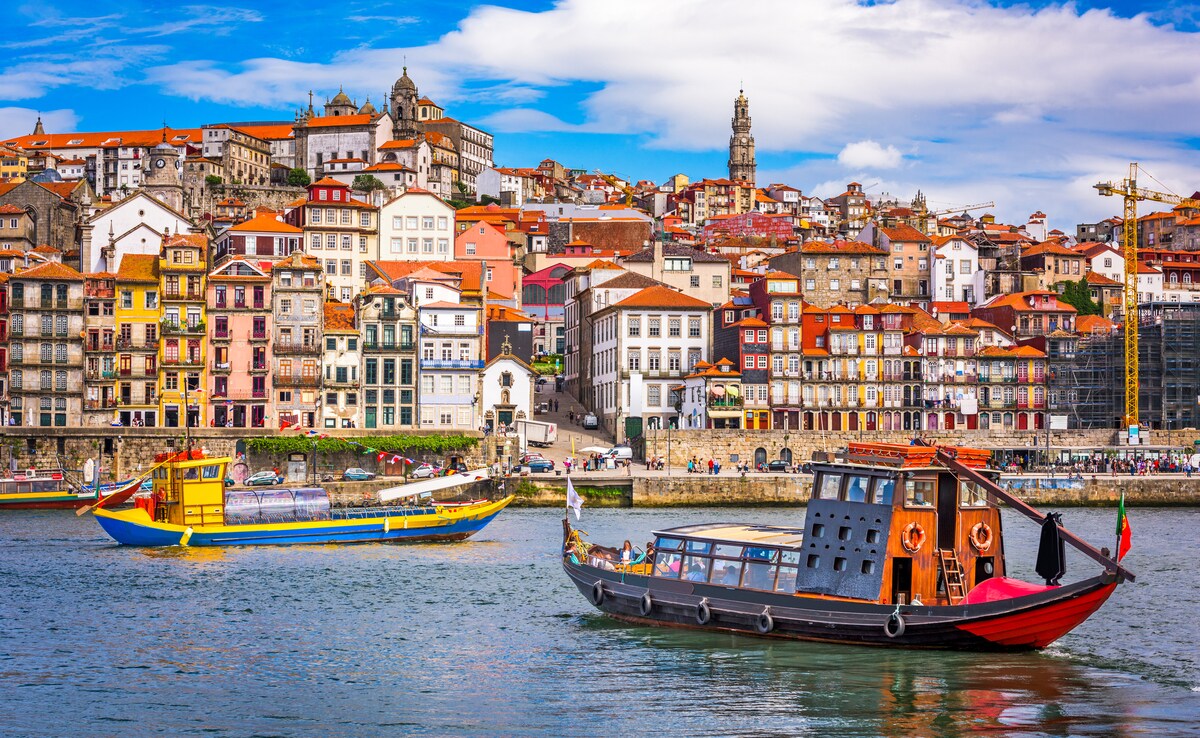Dramatic Satellite Image Shows Massive Bomb Cyclone Approaching California

The season of atmospheric rivers is back, and the first major storm of the 2024-2025 water year has arrived dramatically. From space, it appears massive and monstrous. Currently off the northwest coast of the United States, this powerful storm, labelled a "bomb cyclone" by meteorologists, is accompanied by an atmospheric river. High winds and heavy precipitation are forecasted to impact Northern California and nearby states.
A satellite image from the National Oceanic and Atmospheric Administration captures the storm system's immense scale, showing the bomb cyclone and the accompanying atmospheric river unleashing moisture over the region.
An incredible view of the 'bomb cyclone' strengthening and approaching the Pacific Northwest. pic.twitter.com/UeKyd0VA0z
? CIRA (@CIRA_CSU) November 20, 2024
The past two winters have brought unusually wet conditions to California. While it remains uncertain how this season will unfold, the current storm is making an impressive debut. This marks the first significant atmospheric river in months, following dozens observed during the previous two years.
An animated view of the storm reveals its classic cyclonic motion, spinning counterclockwise as a jet of moisture streams over the West Coast. From space, the storm spans a vast section of the Northern Pacific, underscoring its scale.
Wave data on Tuesday indicated swells exceeding 20 feet in the waters off Northern California, driven by winds surpassing 40 knots. Although the bomb cyclone powering this system is exceptionally strong, its distance from the coast has somewhat tempered its impact.
As the storm season begins, its immense size and force serve as a stark reminder of nature's power and the challenges ahead for weather-affected regions.
The term "bomb cyclone" comes from the meteorological term "bombogenesis." It describes a storm system that explodes in strength, specifically dropping by at least 24 millibars in pressure or more over 24 hours, according to FOX News Meteorologist Abby Acone. This potent storm could do that and more. One of the weather models FOX 13 Seattle analyzed Monday shows the storm plunging by about 50 millibars or more between Monday evening and Tuesday. The bigger the pressure difference in weather systems, the stronger the winds can be. Think of a powerful vacuum that's sucking all the surrounding air into it. Bomb cyclones can produce hurricane-force winds and are often accompanied by a heavy atmospheric river, which brings moisture from the tropics, leading to torrential rain and snow in mountain regions.
According to reports, some 38,000 Californians were without power as a result of the storm, and falling trees killed two people in Washington.
Experts warn of flood risk from the heavy rain expected to fall on much of the Pacific Northwest in the next several days.

























